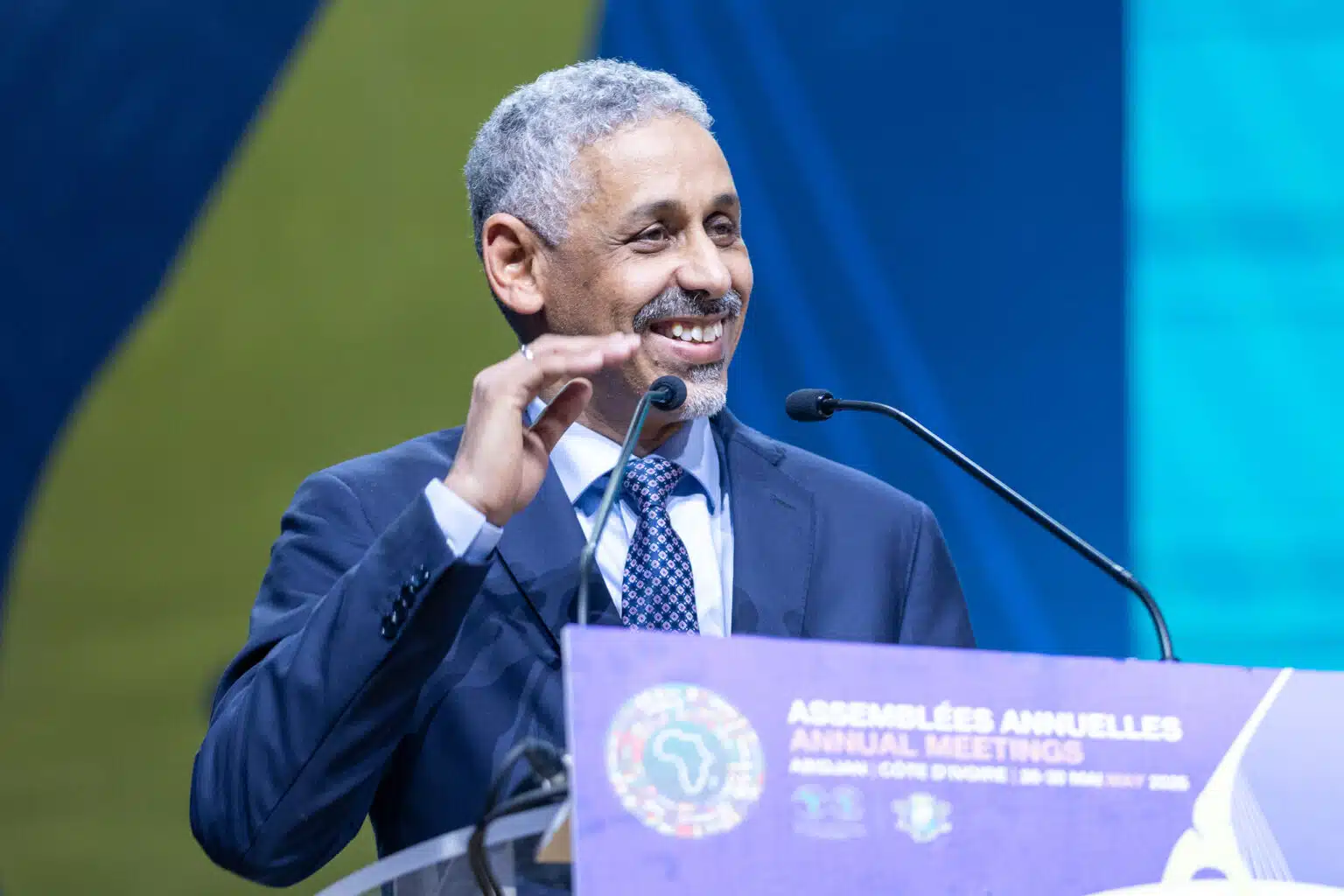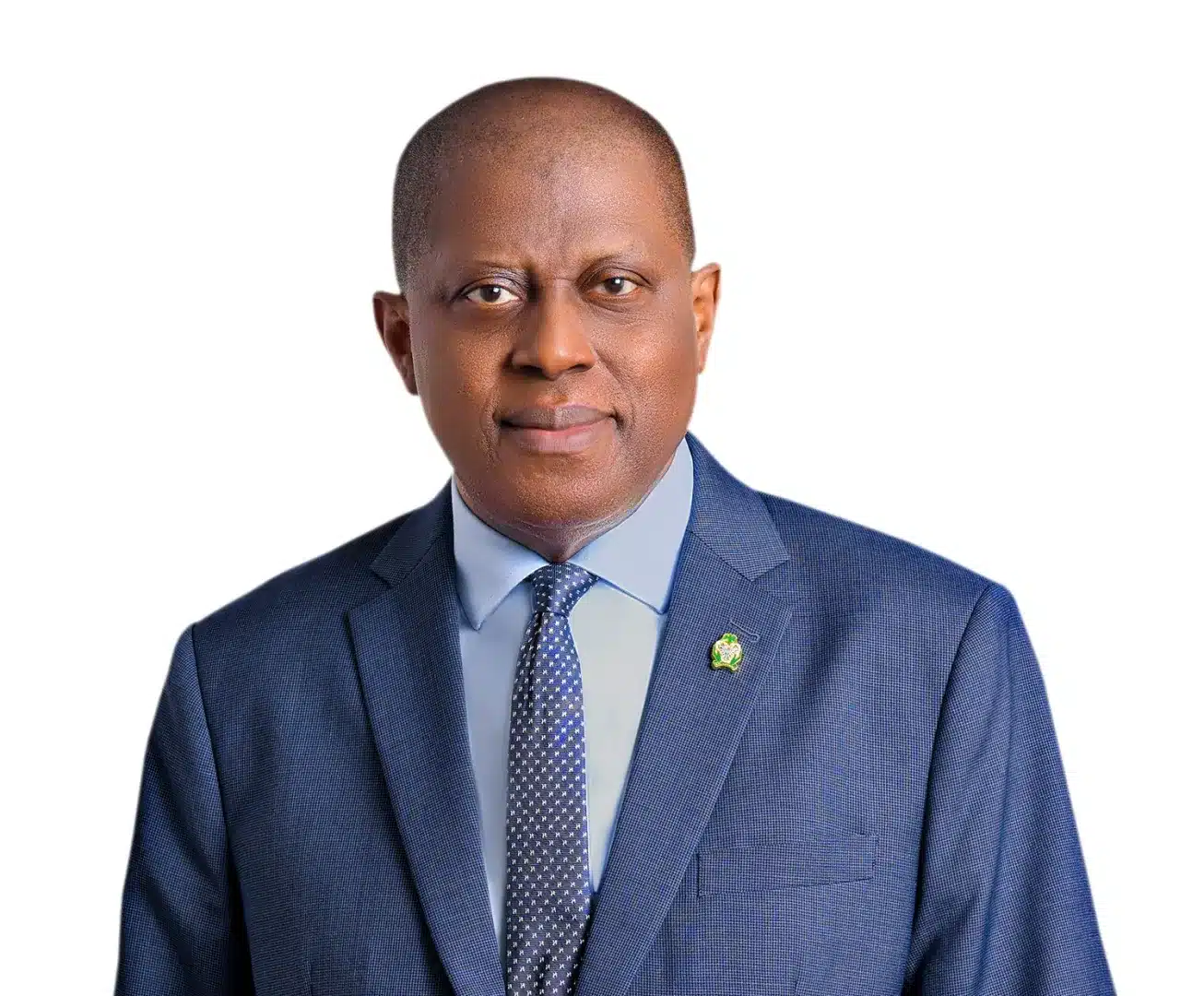Sidi Ould Tah has been sworn in as the ninth President of the African Development Bank Group (AfDB), succeeding Nigerian economist Akinwumi Adesina, who completed a decade-long tenure.
The inauguration ceremony took place at the Sofitel Abidjan Hôtel Ivoire in Abidjan, Côte d’Ivoire on Monday, where Tah took the oath of office before the Bank’s Board of Governors, comprising finance ministers and central bank governors of member countries.
He was elected on May 29, 2025, in Abidjan by governors representing the Bank’s 81 member countries—54 regional and 27 non-regional—securing 76.18% of the vote.
Tah is a highly experienced economist from Mauritania, bringing over 20 years of expertise in African economic development and international finance.
He previously served as President of the Arab Bank for Economic Development in Africa (BADEA) and as Minister of Finance for Mauritania. His professional background provides him with valuable insight into the economic challenges and opportunities facing Africa.
Tah’s agenda for the AfDB emphasises the expansion of climate-resilient infrastructure, the formalisation of the informal sector to improve economic inclusion, and the empowerment of Africa’s youth through education, job creation, and entrepreneurship initiatives. See how his plans compare to the other contenders.
According to the International Labour Organisation (ILO), over 85% of Africa’s workforce is employed in the informal sector, underscoring the importance of formalisation to improve labour rights and access to finance.
Furthermore, the African Development Bank’s own 2024 report highlights that climate change could reduce Africa’s GDP by up to 3% annually by 2050 unless urgent infrastructure investments are made to increase resilience.
As President, Tah will face several pressing challenges. These include guiding Africa’s economic recovery in the aftermath of the COVID-19 pandemic. According to the World Bank, the continent’s growth rebounded to 4.3% in 2024 after experiencing contractions during the crisis.
He will also have to contend with the varied impacts of climate change across the continent, as well as the urgent issue of youth unemployment. The African Union estimates that nearly 60% of young Africans are currently without work.
In addition, Tah must work to enhance financial inclusion, formalise the continent’s vast informal economy, and secure sustainable financing through international collaboration.
In a recent interview with Reuters, Tah emphasised that “Africa’s future depends on inclusive growth strategies that integrate climate resilience and youth empowerment, backed by strong partnerships at both continental and global levels.”
This transition in leadership marks an important step for the AfDB as it seeks to accelerate Africa’s development and respond effectively to the continent’s evolving priorities.










